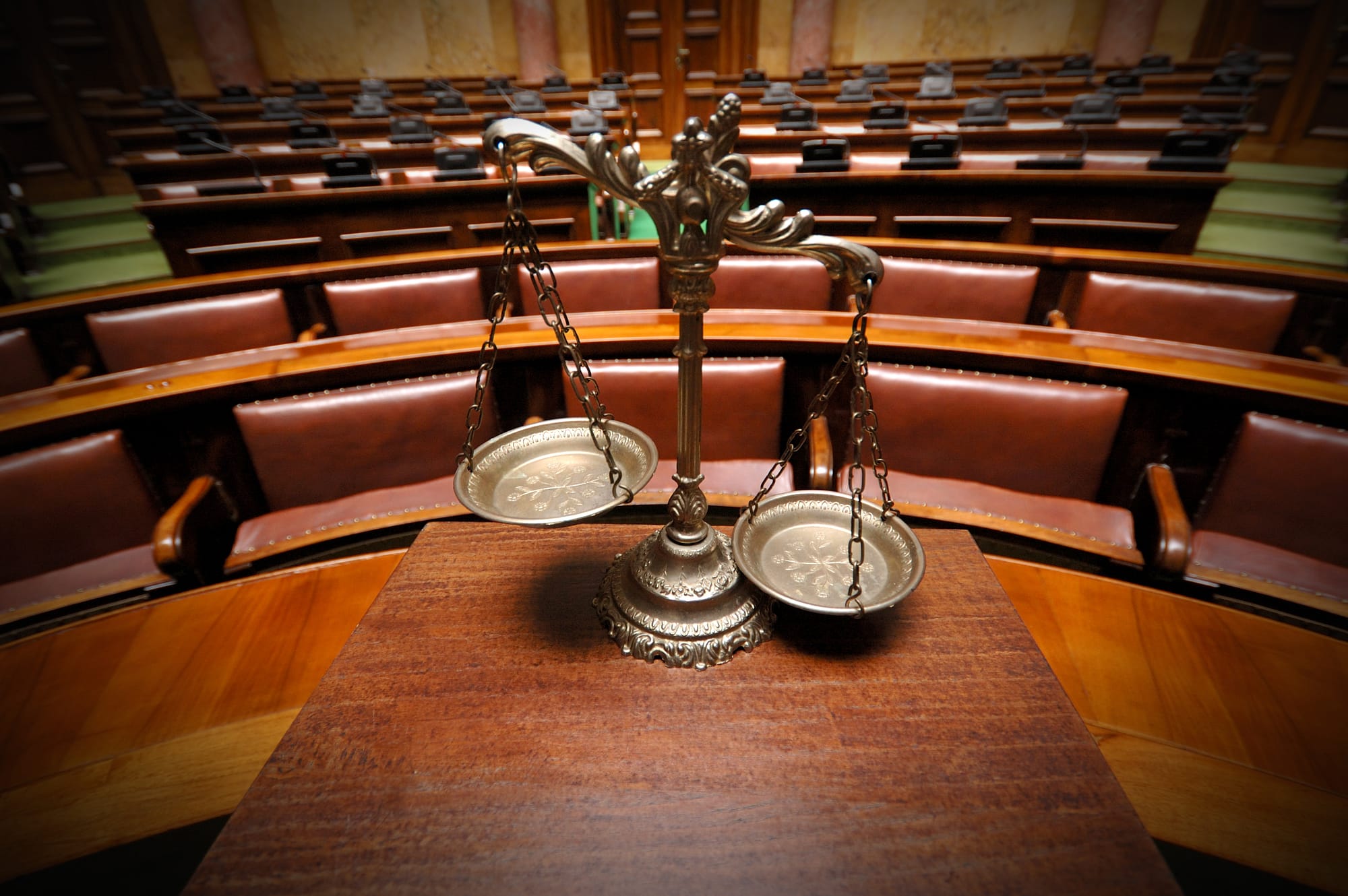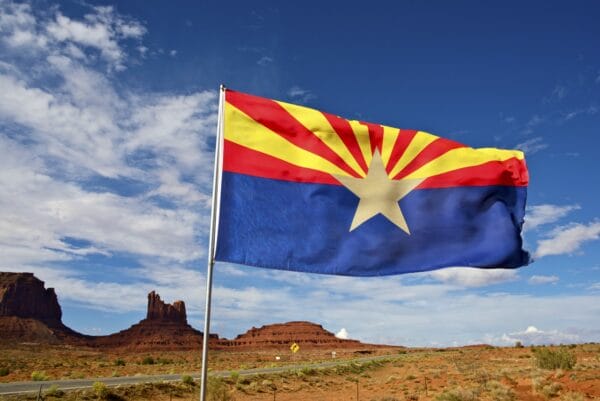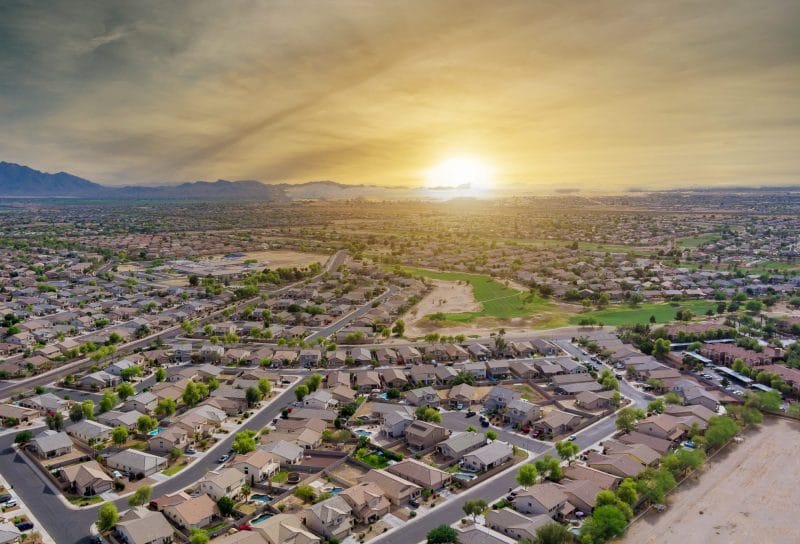Bill leans toward flat tax, judge says
By Howard Fischer | Capitol Media Services
An organization dedicated to limiting the size of government is asking the Arizona Supreme Court to prevent voters from getting the last word in November on a $1.9 billion tax cut.
Kory Langhofer, representing the Arizona Free Enterprise Club, told the justices Tuesday that the power of the public to refer to the ballot any measure approved by the legislature does not extend to actions related to the “support and maintenance” of the state. And Langhofer argued that, by definition, any change in tax law fits that definition.
Attorney Andy Gaona, representing Invest in Arizona, the group that collected the signatures to force a public vote, agreed that voters cannot use the referendum process – which puts a legislative act on hold until the next election – to hold up the functioning of government.
But Gaona pointed out that the issue here was not a new tax, where the revenues are needed to keep the state operating.
Instead, he said, the issue is the desire of the Republican-controlled legislature to forego revenues that otherwise would flow into state coffers. And holding them up to give the public a chance to review them, Gaona said, would not affect the ability of state agencies to do their job.
Hanging in the balance is the tax cut plan approved last year in SB 1828 on a party-line vote and signed by Gov. Doug Ducey that, as structured, would give far greater benefits to those at the top of the income scale. Foes gathered more than the 118,823 valid signatures needed to hold up enactment until voters get the last word.
Maricopa County Superior Court Judge Katherine Cooper last year ruled against the Free Enterprise Club to declare the issue exempt from the constitutional right of referendum.
Cooper agreed with Langhofer there is that exception for what are “appropriation bills.” She said these are measures that set aside public funds for a specific government purpose.
But she said that is not what is in SB 1828.
“It adjusts Arizona’s income tax rates, lowering them over time to a ‘flat tax,’ ” the judge said.
“It does not set aside any tax revenue of a certain sum for any specified purpose nor does it dictate how agencies use that revenue,” Cooper continued. “SB 1828 does not fall under the well-recognized definition of ‘appropriation.’ ”
On Tuesday, Langhofer told the justices that’s too narrow a reading of what the Arizona Constitution does and does not allow.
If nothing else, he said it would be an oversimplification to say that the tax cut in SB 1828 would not increase revenues — and support state government operations – albeit over the long term.
“There are so many variables in the question of whether a change in the tax code will increase or decrease revenue over time,” Langhofer said.
“What industries may flourish?” he asked. “We don’t know the answer to those questions.”
And Langhofer said that analysis need not be limited to what might happen due to SB 1828 in, say, the next two years.
“It could be 100 years,” he said. “Why wouldn’t that be relevant?”
What is clear, though – and the facts that the justices have in front of them now – is that the measure is designed to cut taxes immediately. And it does that by altering the tax code.





